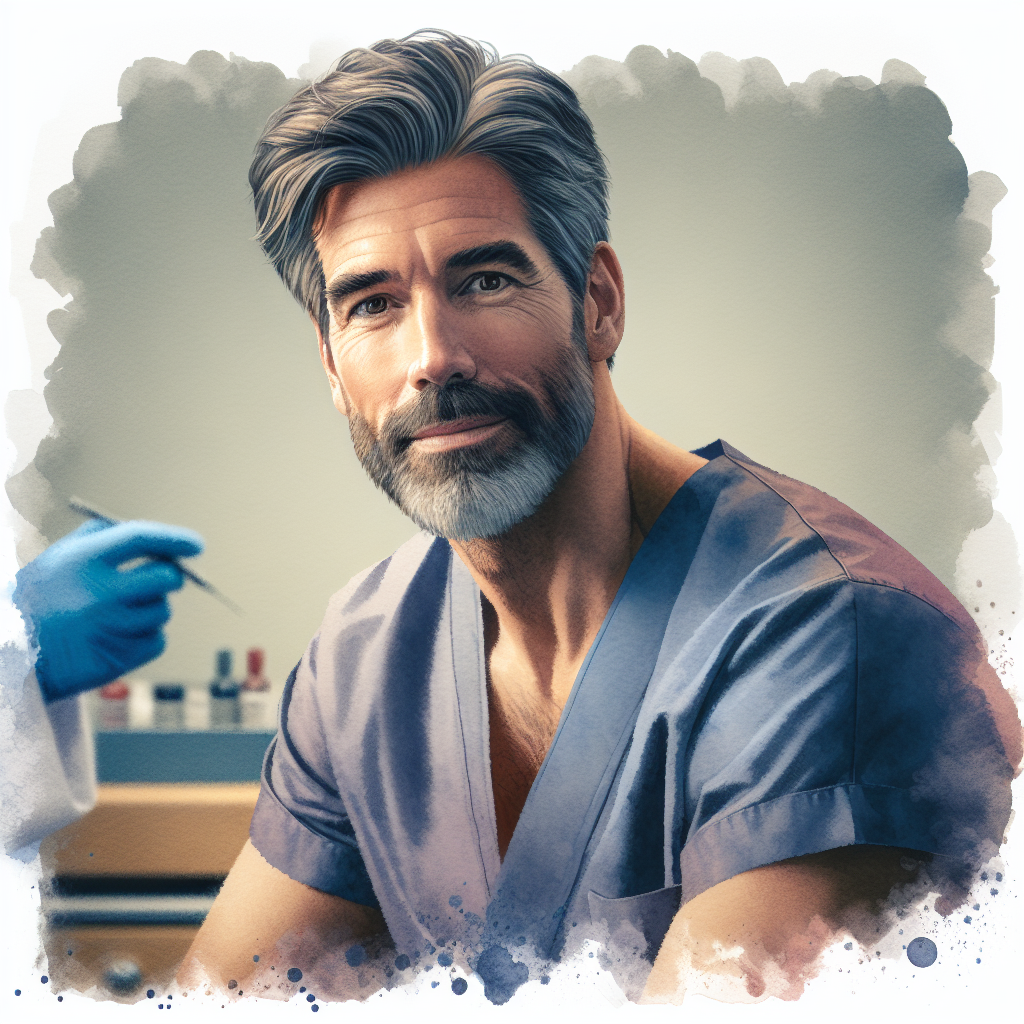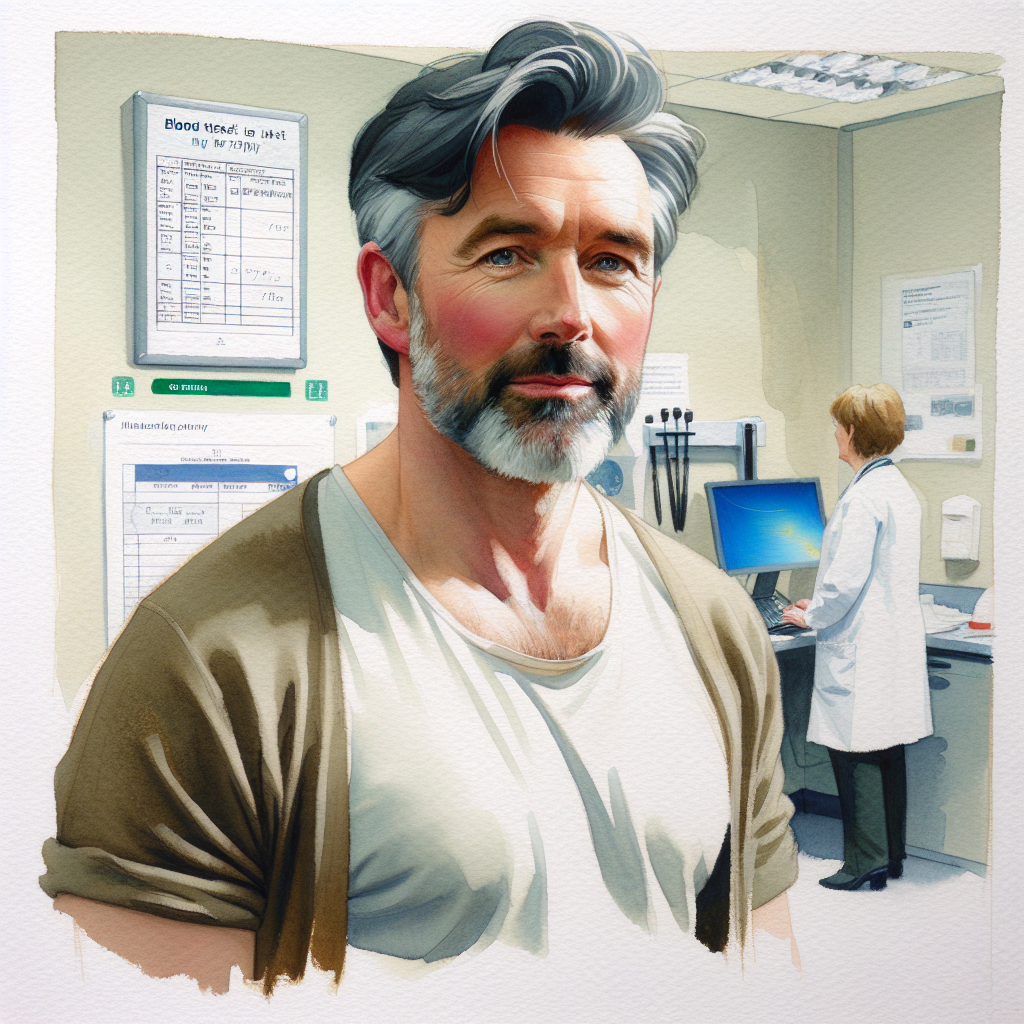A Year on TRT: Transformations and Lessons Learned

It’s hard to believe it’s been a full year since I started TRT. Time flies when you’re not constantly battling brain fog, fatigue, and the general malaise that comes with low testosterone. I’ll be honest—when I first started this journey, I didn’t know what to expect. I was hopeful, sure, but also a bit skeptical. Could a weekly injection really turn things around for me? Spoiler alert: it did, but not without a few bumps along the way.
Why Regular Check-Ins Are Key for TRT Success

As someone who’s been on TRT for a while now, I can tell you one thing: it’s not a ‘set it and forget it’ kind of deal. If you’re serious about getting the most out of your testosterone replacement therapy, regular check-ins are absolutely crucial. And no, I’m not just talking about the occasional blood test—though those are important too. I’m talking about a consistent, ongoing dialogue with your healthcare provider, and a bit of self-awareness thrown in for good measure.
Reflecting on My Mental Health Six Months on TRT

Six months ago, I started testosterone replacement therapy (TRT). At the time, I was a bit of a mess—low energy, brain fog, and anxiety that felt like it was running my life. Fast forward to today, and I’m sitting here with a cup of tea (yes, tea—I’m Irish, after all) reflecting on how far I’ve come. It’s been a journey, and I want to share it with you.
Using Exercise to Amplify the Benefits of TRT

If you’re like me—a 41-year-old Irish lad juggling TRT, family life, and the occasional pint at the local—you’ve probably wondered how to get the most out of your testosterone replacement therapy. Well, let me tell you, exercise is the secret sauce. It’s not just about lifting weights or running laps; it’s about amplifying the benefits of TRT in ways that can transform your life.
Why Exercise Matters on TRT
When I started TRT, I noticed a boost in energy and mood, but it wasn’t until I paired it with regular exercise that I truly felt like a new man. Exercise helps your body utilize testosterone more efficiently, improving muscle mass, fat loss, and overall well-being. It’s like giving your TRT a turbo boost.
How My Diet Changed with TRT

When I started TRT (Testosterone Replacement Therapy) back in 2022, I knew it would change my life. What I didn’t expect was how much it would change my diet. Sure, I’d read about the importance of nutrition for testosterone levels, but I didn’t realise how much my eating habits would shift once my hormones were balanced. Let me take you through the journey—because, let’s face it, food is life, especially when you’re Irish.
Three Months on TRT: Adjusting to My New Normal

It’s been three months since I started Testosterone Replacement Therapy (TRT), and I’ve got to say, it’s been a wild ride. If you’ve been following along, you’ll know I’m not one to sugarcoat things. So, let’s dive into the good, the bad, and the downright weird of adjusting to my new normal.
The Energy Boost
One of the first things I noticed was the energy boost. It’s like someone flipped a switch. I’m not talking about bouncing-off-the-walls energy, but a steady, consistent flow that keeps me going throughout the day. It’s been a game-changer, especially with two young kids running around. Sarah and Adam have more energy than a GAA team on match day, so keeping up with them has been a lot easier.
The Role of Hormones in Mental Health During Isolation

Ah, isolation. It’s a word that brings back memories of lockdowns, endless Zoom calls, and trying to explain to my kids why they couldn’t see their friends. For many of us, those days were a mental health rollercoaster. But have you ever stopped to think about how your hormones played a role in all of that? Let’s dive into the science—and a bit of Irish craic—to understand how hormones like testosterone and cortisol can mess with your head when you’re stuck at home.
Why Regular Blood Work is Crucial for TRT Success

If you’re on TRT, you’ve probably heard the phrase, “It’s not a set-it-and-forget-it treatment.” And trust me, as someone who’s been on TRT for a while now, I can tell you that’s the gospel truth. One of the most critical aspects of TRT success? Regular blood work. It’s not just a box-ticking exercise—it’s your roadmap to feeling your best and avoiding potential pitfalls.
Why Blood Work Matters
Let’s start with the basics. TRT isn’t just about injecting testosterone and hoping for the best. It’s about finding the sweet spot where your body feels balanced, your energy is up, and your mood is stable. But here’s the kicker: everyone’s body is different. What works for me might not work for you, and that’s where blood work comes in.
How My Life Has Changed Six Months Into Professional TRT
Six months ago, I made the decision to start professional Testosterone Replacement Therapy (TRT). It wasn’t a decision I took lightly, but after years of feeling like I was running on empty, I knew something had to change. Now, half a year in, I can confidently say that TRT has been a game-changer for me. Let me walk you through how my life has transformed.
The Energy Boost
Before TRT, I felt like I was dragging myself through the day. Even simple tasks felt like climbing a mountain. Now, I wake up with a spring in my step. The energy boost has been incredible. I’m not just talking about physical energy, though that’s been a huge part of it. Mentally, I feel sharper, more focused. It’s like someone turned the lights back on in my brain.
The Role of Mental Health Support While on TRT

As I sit here, sipping on a cup of Barry’s Tea, I can’t help but reflect on the journey I’ve been on with TRT. It’s been a rollercoaster, to say the least. The physical changes are one thing, but the mental and emotional shifts? That’s where the real challenge lies. Today, I want to talk about the role of mental health support while on TRT, because let’s face it, it’s not just about the injections and the blood tests—it’s about keeping your head above water too.